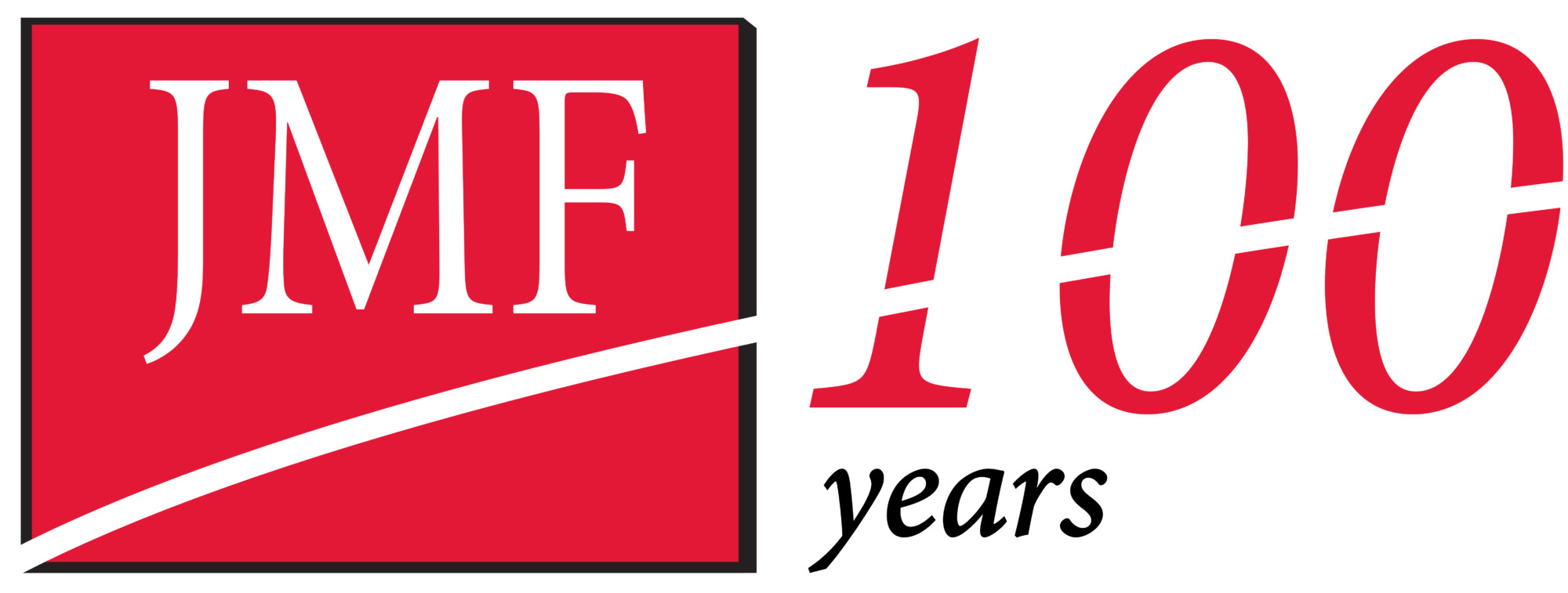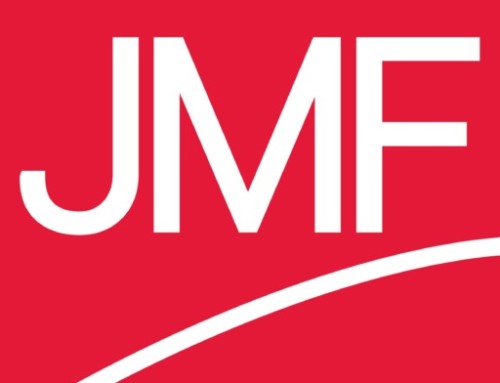The IRS, the nation’s tax collection agency, has identified a select group of four private contractors that will begin collecting federal tax debts during the 2016 tax return filing season.
Background: Under the Fixing America’s Surface Transportation (FAST) Act of 2015, a highway spending measure, the IRS can assign private companies to collect taxes on certain overdue federal tax debts. Accordingly, the four companies that will begin collection activities this spring are Conserve, Fairport, New York; Pioneer, Horseheads, New York; Performant, Livermore, California; and CBE Group, Cedar Falls, Iowa.
These private collection companies will work on accounts where taxpayers owe money but the IRS is no longer actively pursuing the debts. The companies must respect taxpayer rights including, among other things, abiding by the consumer protection provisions of the Fair Debt Collection Practices Act. Private collection agencies will be able to identify themselves as contractors of the IRS collecting taxes. (Editor’s Note: This will open the door for numerous tax scams, IMO.)
The IRS will provide taxpayers and their representatives written notice that their accounts are being transferred to private collection agencies. The agencies will send a second, separate letter to the taxpayer and representatives confirming this transfer.
Private collection companies cannot ask for payment on a prepaid debit card. Taxpayers will be informed about electronic payment options on www.irs.gov/payments. Payments by check should be payable to the U.S. Treasury and sent directly to the IRS, not the private collection agency. (Editor’s note 2: This will be your tip as to the scam.)
If you do not wish to work with the assigned private collection agency to settle your overdue tax account, you must submit a request in writing to the appropriate private collection agency.
Finally, the IRS will not assign accounts to private collection agencies involving taxpayers who are:
- deceased;
- younger than age 18;
- in designated combat zones;
- victims of tax-related identity theft;
- currently under examination, litigation, criminal investigation or levy;
- subject to pending or active offers in compromise; or
- subject to an installment agreement.
Private collection agencies will return accounts to the IRS if taxpayers and their accounts fall into any of these situations after assignment.
If you owe the IRS money, the best approach is to contact your JMF professional tax adviser. Certain options, such as installment plans and offers in compromise, may be available.







Leave A Comment
You must be logged in to post a comment.